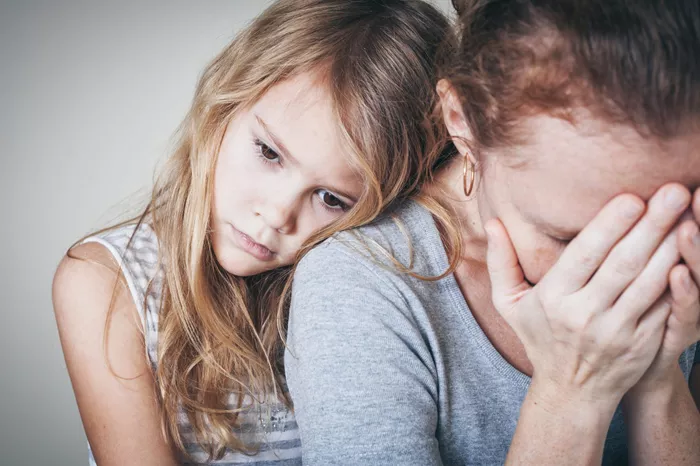A long-term study published in European Child & Adolescent Psychiatry confirms that children whose parents live with schizophrenia or bipolar disorder face a significantly higher risk of developing mental health issues themselves. Conducted in Spain, the research offers new insights into how family and social conditions influence children’s emotional well-being—and what can be done to help.
Study Tracks Children Over Four Years
Researchers followed 238 children between the ages of 6 and 17 over a four-year period. Half had parents diagnosed with schizophrenia or bipolar disorder, while the rest came from families without those mental health conditions. The study involved multiple institutions, including the University of Barcelona, Hospital Clínic, and Madrid’s Gregorio Marañón University Hospital.
Different Risks Linked to Different Conditions
Children of parents with schizophrenia were more likely to experience attention-deficit disorders, disruptive behaviors, and mild psychotic symptoms. Meanwhile, kids of those with bipolar disorder showed higher rates of mood disorders and attention-related issues.
“Understanding how these patterns differ helps tailor early interventions,” said Dr. Elena de la Serna, lead author and researcher at Hospital Clínic de Barcelona.
Family Environment Makes a Difference
Importantly, the study found that not all children in high-risk families develop problems. Factors like stable family income, good parental support, and active involvement in a child’s life helped reduce the chances of mental health issues.
“Better psychosocial functioning in parents and higher socioeconomic status act as protective layers,” said Dr. Josefina Castro Fornieles, study coordinator at the University of Barcelona.
Why This Matters for Families
Parents diagnosed with serious mental health conditions often worry about how their illness might affect their children. This study provides evidence that while risk is elevated, it’s not inevitable. Supportive parenting, community engagement, and early psychological assessments can significantly reduce long-term impact.
Practical Tips for Families at Risk
Stay Informed: Understanding the specific symptoms linked to your condition can help you spot early signs in your child.
Build a Support System: Collaborate with healthcare providers, teachers, and mental health professionals to create a safety net.
Focus on Stability: A consistent daily routine and open family communication can promote emotional security.
Invest in Mental Health Resources: Don’t hesitate to seek counseling or therapy for your child, even if they seem “fine.” Preventive care is key.
A Call for Preventive Action
The study forms part of the BASYS (Bipolar and Schizophrenia Young Offspring Study) project, which aims to improve early detection and care for at-risk youth. The findings point to a clear need for targeted support systems—especially during adolescence, when many mental health conditions begin to surface.
“More large-scale studies are needed,” researchers noted, “but this work is a step toward understanding how vulnerability is passed across generations—and how we might break that cycle.”
Related topics:
- Neurons Show Key Differences In Children With Autism, Study Reveals
- Prader-Willi Syndrome Genetics Reveal Autism and Psychosis Connections
- Genetics May Explain When Babies Start Walking, New Study Finds


